In “Baby J,” John Mulaney Blends Vulnerability With Precision
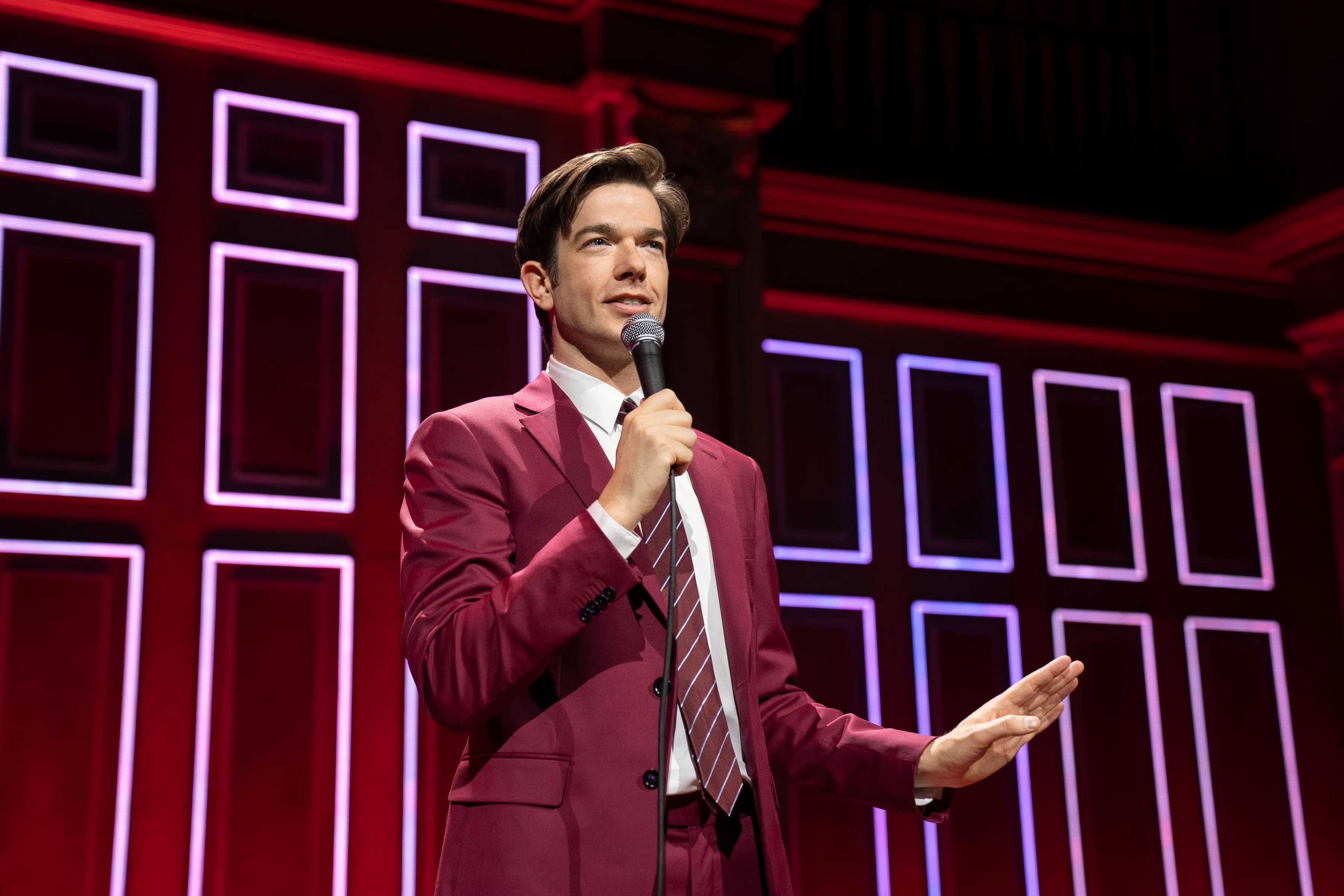
John Mulaney has worn a few different hats throughout his career. To most, he is the affable comedian known for his relatable, rapid-fire delivery in a series of celebrated stand-up specials. He’s also the energetic if mildly overwhelmed children’s show host on “John Mulaney and the Sack Lunch Bunch,” and the voice of animated characters, including Andrew on “Big Mouth” and Spider-Ham in “Spider-Man: Into the Spider-Verse.” But a couple of years ago, Mulaney found himself in a new role: the tabloid fixture.
First, in December 2020, it was announced that Mulaney had entered a rehab facility for addiction to cocaine, alcohol, and a myriad of prescription pills. While Mulaney had certainly not kept his addiction issues secret and had often made substance use a framing device in his comedy, he had always spoken of addiction as a past struggle he had since overcome. The publicity firestorm only grew when Mulaney exited rehab in the spring of 2021 and, in quick succession, announced a divorce from his wife of over six years, entered into a new relationship, and had a baby with the actress Olivia Munn. Plenty of fans felt their heads spin. It was hard to square these headlines with the image of the squeaky-clean, nice-guy Mulaney they thought they knew. The online gossip mill cranked into overdrive.
In “Baby J,” Mulaney’s new stand-up special, which came to Netflix on April 25, Mulaney is not wholly reinvented. He’s still the sharp-witted, precisely-timed, suit-wearing stand-up that he’s known for being. But during the special’s 80 minutes, he mixes this classic sensibility with a healthy dose of darkness as he addresses his, as he puts it, “weird couple of years,” and works towards deconstructing his own stage persona. Mulaney begins the special, though, not by telling a sordid tale of addiction and struggle— those will come later—but with a story from his childhood.
“The past couple of years, I’ve done a lot of work on myself,” Mulaney begins his routine saying. “And I’ve realized that I’ll be fine, as long as I get constant attention.”
This moment of sarcastic self-reflection segues into an anecdote from Mulaney’s youth. In elementary school, he recalls, he would always be envious of the attention received by children whose grandparents had died. So much so that he would sometimes wish—the audience laughs, anticipating the taboo punchline—that one of his grandparents would die so that he could similarly be in the spotlight. The use of this anecdote is twofold. It provides the setup for a hilarious piece of comedy, as Mulaney clarifies that he only wanted one of his “less important” grandparents to die, and unpacks the different ways his parents would react to each of their parents’ deaths. But thematically, it also sets the tone for the rest of “Baby J,” telling the audience that, from the beginning, Mulaney has had a dark, nasty, selfish streak in him, that he is not the perfectly nice guy he’s been pigeonholed as. After that story, Mulaney does a bit of crowd work, singling out an 11-year-old named Henry.
“If you’ve seen me do stand-up before, I have kind of a different vibe now,” Mulaney says, ostensibly to Henry, but also to all of us.
After this, Mulaney gets to the elephant in the room, jumping right in with the story of his addiction and recovery. It’s partly a confessional, as Mulaney lets us in on how out of control his life had become, but he never loses his comic touch. A pivotal moment is the intervention a dozen of Mulaney’s friends staged for him in December 2020. Mulaney describes the panicked feeling he had while being confronted, but also highlights the intervention’s star-studded lineup, which featured Seth Meyers, Fred Armisen, Bill Hader, Nick Kroll, and Natasha Lyonne, among others. What’s more, Mulaney recounts, he was the best-looking person at his intervention, as everyone else was unkempt from nine months of pandemic quarantine, while he, as he puts it, was “cocaine skinny with a fresh haircut.”
Much of Mulaney’s material after this derives humor from the desperate measures he took to satisfy his addiction. He tells a story about visiting a shady physician who went by “Dr. Michael” and would write Mulaney a prescription for just about whatever he wanted, in exchange for Mulaney removing his shirt. In one particularly memorable bit, Mulaney explains that in an attempt to prevent himself from buying more drugs, he told his own accountant to stop giving him cash. This, of course, did not stop Mulaney’s addiction, but rather, led him to find cash in increasingly convoluted ways, culminating in the story of Mulaney purchasing a brand-new Rolex for $12,000, only to run to the nearest pawn shop and sell it for $6,000 cash, with which to buy more drugs.
“As you process and digest how obnoxious, wasteful, and unlikeable that story is, just remember, that’s one I’m willing to tell you,” Mulaney says after completing the joke.
This moment serves as a reminder that as vulnerable as his routine may seem, it is in fact neatly curated for a public audience. As open as Mulaney is regarding his rehab and addiction, neither his ex-wife nor new girlfriend come up once, and his divorce and young son each get but a single brief mention each. I’ve had the chance to see Mulaney twice performing the routine that became “Baby J,” first at City Winery, a small venue in New York City, in May 2021, and again at Madison Square Garden in June 2022. Watching “Baby J” after seeing this material take form over nearly 2 years was a strong reminder that even in his rawest moments, Mulaney’s timing and wording are precisely calculated. It’s a wonderful, hilarious performance, but, as Mulaney himself reminds us, not one we should mistake for insight into who he really is.
Mulaney remains a preternaturally gifted comedian and can deliver sharply phrased, riotously funny punch lines as smoothly as ever. But his attitude towards performing has changed. With all his dirty laundry in the public eye, he’s free from having to put forward constant likeability, which he calls “a prison” in an early joke.
“What is someone going to do to me that’s worse than what I would do to myself?” Mulaney asks. “What, are you going to cancel John Mulaney? I’ll kill him. I almost did.”
Oscar Kim Bauman can be reached at obauman@wesleyan.edu.


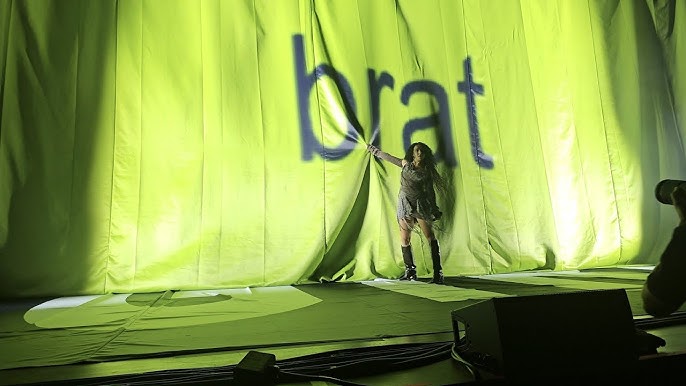

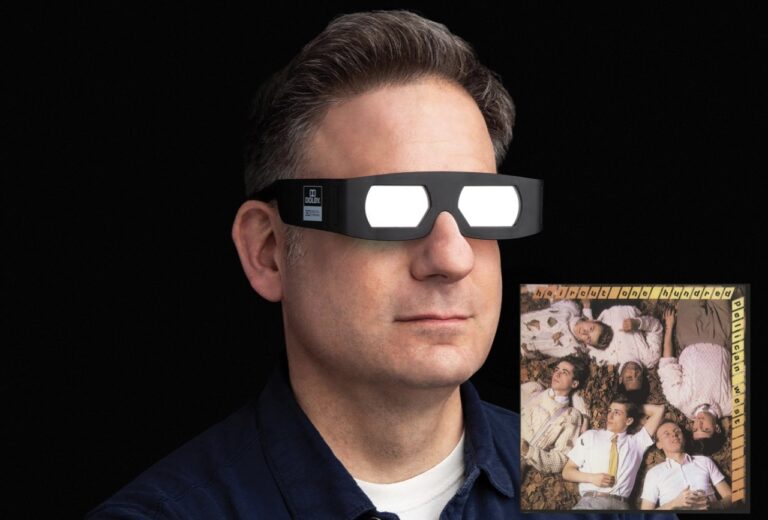
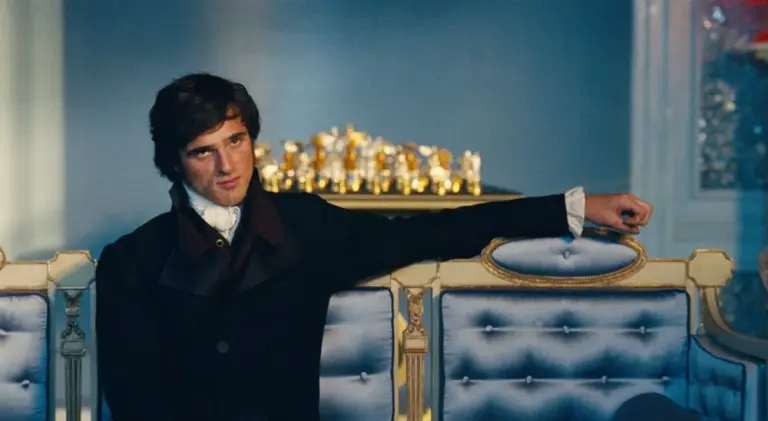
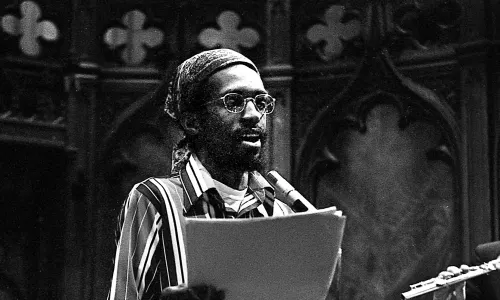

Leave a Reply